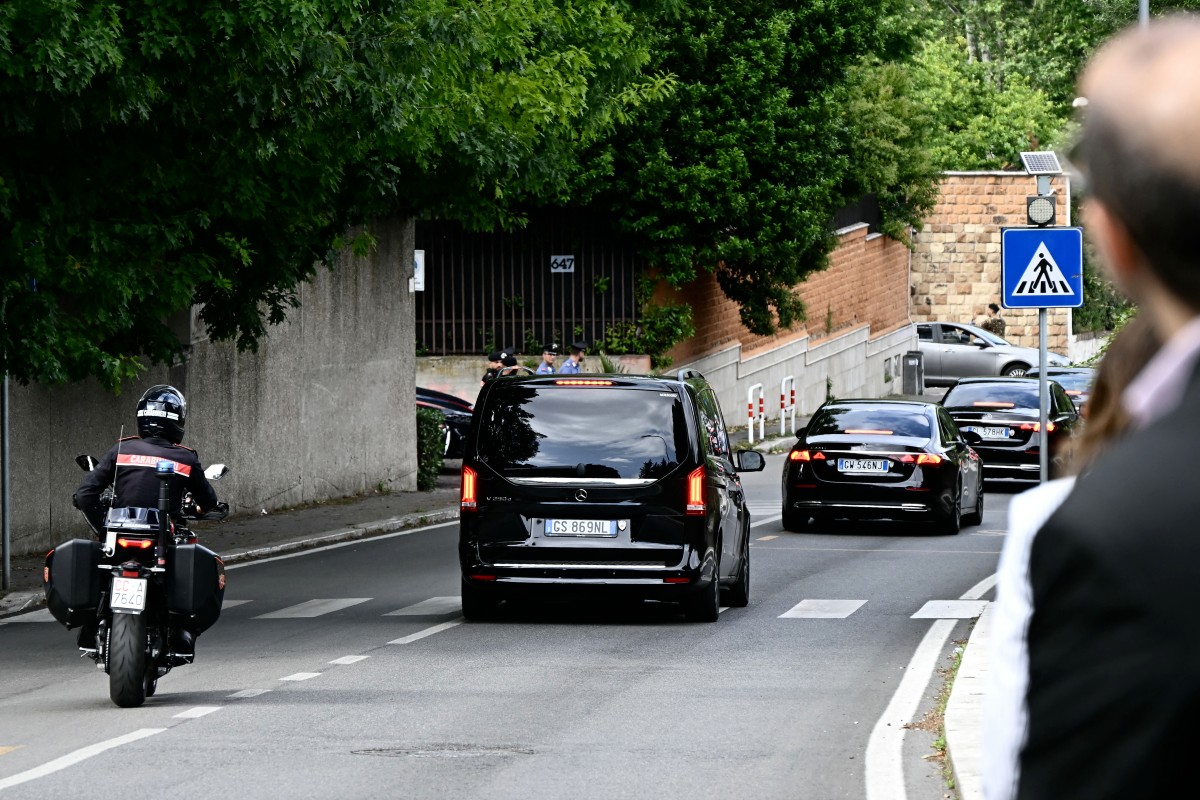Tehran, Iran – Long-time adversaries Iran and the United States held a fifth round of Oman-mediated nuclear talks on Friday in Rome, but with no breakthrough reported.
Here are some of the main obstacles seen to be hampering progress:
Enrichment
Iran’s enrichment of uranium remains the main sticking point.
The United States and Western countries suspect Iran of seeking to acquire nuclear weapons, but Iran denies having such ambitions.
It insists that its nuclear programme is solely for peaceful civilian purposes.
American officials including Middle East envoy Steve Witkoff, who has led Washington’s delegation at the talks, have spoken out against Iran’s enrichment programme.
Witkoff said before the talks that Washington “cannot allow even one percent of enrichment capacity” for Iran.
Tehran has called its enrichment “non-negotiable”, arguing that such a demand prevents a deal.
“Zero nuclear weapons = we DO have a deal. Zero enrichment = we do NOT have a deal,” Iran’s top negotiator and foreign minister Abbas Araghchi posted on X.
Experts say the fifth round of talks saw a collision of red lines.
“This round was uniquely sensitive, marked by the collision of seemingly irreconcilable public red lines over uranium enrichment,” Sina Toossi from the Center for International Policy told AFP.
Iran remains the only non-nuclear state enriching uranium to 60 percent, well above the 3.67 percent limit set under its 2015 accord with Western powers, but below the 90 percent needed for weapons-grade material.
The 2015 deal was torpedoed in 2018 during President Donald Trump’s first term when he unilaterally withdrew the United States from the accord.
‘Contradictory positions’
Iran wants the talks to remain strictly focused on its nuclear programme and lifting US sanctions, a stance it has held since April 12 when the first round was held in Oman.
Tehran has criticised what it calls “irrational” demands by Washington and inconsistent signals from US officials.
Araghchi warned that such “contradictory positions”, if they persist, “will complicate the talks”.
Before the negotiations began, some analysts suggested the United States might seek a broader deal that also addressed Iran’s ballistic missile programme.
They believed the talks might touch on Tehran’s support for the “axis of resistance”, the network of anti-Israel armed groups that includes Hezbollah in Lebanon, Hamas in Gaza and Yemen’s Huthi rebels.
On April 27, Israeli Prime Minister Benjamin Netanyahu urged Washington to block not only Iran’s enrichment of uranium but also its missile development under any possible deal.
Iran opposes non-nuclear issues being discussed in the talks, citing its sovereign rights and defence needs.
Sanctions
Even with diplomacy under way, the United States has imposed new sanctions on Iran.
Tehran denounces what it calls Washington’s “hostile approach”, noting that new sanctions were imposed just ahead of negotiations taking place.
On Wednesday, Washington sanctioned Iran’s construction sector, citing its potential links to nuclear, military or missile activities.
“These sanctions … further put to question the American willingness & seriousness for diplomacy,” Iranian foreign ministry spokesman Esmaeil Baqaei posted on X.
In late April, before the third round of talks, Washington also slapped sanctions on Iran’s oil and gas sector.
Military option
The Iran-US talks, their highest-level contacts since Washington quit the 2015 nuclear accord, came after Trump wrote to Iran’s supreme leader Ayatollah Khamenei in March.
Trump urged Tehran to reach a deal diplomatically, but also warned of military action if talks fail.
Iran has issued warnings of its own.
On Friday, armed forces Chief of Staff Mohammad Bagheri warned that “any US misstep in the region will end like Vietnam and Afghanistan”.
His remarks came after CNN, citing US officials, reported on Tuesday that Israel was preparing to attack Iranian nuclear sites.
“We believe that in the event of any attack on the nuclear facilities of the Islamic Republic of Iran by the Zionist regime, the US government will also be involved and bear legal responsibility,” Araghchi said in a letter to the United Nations published on Thursday.
According to the US outlet Axios, Witkoff met Israeli officials shortly before Friday’s Rome talks.
Ultra-conservative Iranian daily Kayhan wrote on Saturday that “coordination between Trump and Netanyahu is leading the negotiations towards deadlock”








